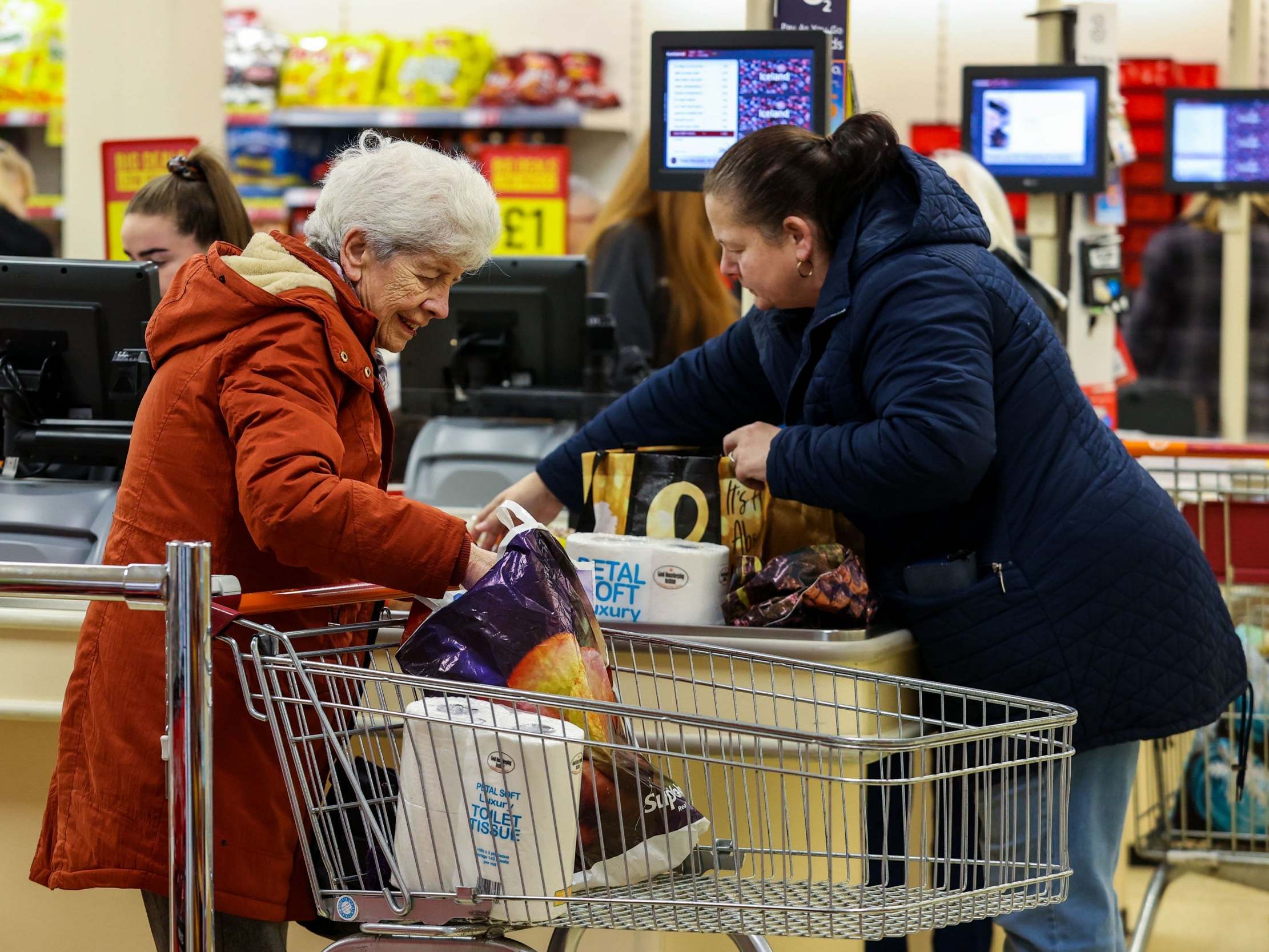Businesses and brands must step up or expect to be brought down
During this crisis, the public will notice which organisations are giving rather than taking – and they are not likely to forget in a hurry, says Chris Blackhurst


Cometh the hour, cometh the brand. This extraordinary, troubled, worrying time has already made certain practices a necessity for business: to stay close to your employees, to your suppliers, customers and other stakeholders; to put the welfare of the former first, and then to reassure the latter; to engage with the wider community and to show who you are, what you stand for, and how you can help.
That sounds very lofty. Easy to say but not so easy to put into practice – not when you’re anxious about your own health and that of your family, let alone the future of the business. Organisations, though, that are seen to give, not to take, in a period such as this – that are recognised as having done something extra – will be credited. The public, the community, will not forget that in a hurry.
So Sainsbury’s and Iceland ring-fencing shopping hours for the elderly and the vulnerable: tick. Morrisons pledging to pay suppliers immediately: tick. Distillers, brewers and luxury perfume-makers switching production to make hand sanitiser: tick.
All excellent initiatives, all involving thought and sacrifice, all making a positive difference and enhancing the company’s reputation. To those can be added star-footballers-turned-hoteliers Gary Neville and Ryan Giggs, who have given over their two hotels in Manchester to NHS workers for free. As has Roman Abramovich, with the hotel at the Chelsea football ground.
Not everyone has been so smart, however. Another rule is not to mention coronavirus at all in your marketing, however well-intentioned, as it simply increases the risk of misinterpretation and accusations of exploitation. One company that did – and it appears that it really was seeking to profit from the pandemic – was Vic Smith Beds, a London-based supplier of beds and mattresses. It went further still, proclaiming: “Made in the UK. No nasty imports.”
The Advertising Standards Authority intervened and rightly deemed “offensive” this pointed dig at the origins of the outbreak. Reeling from the outcry and accusations of racism, Vic Smith Beds tried to make amends by issuing a statement saying the slogan could not be offensive as it had “run the ad past” its multicultural workforce “without any issues being raised”. Oh dear. A mental image of the workers having an ad waved at them and giving it the thumbs up for fear of losing their jobs was instantly created. Hopefully, Vic Smith Beds has learned a painful lesson.
What distinguishes this crisis from others where business is concerned is that it is the first to occur in the social media age; the first, too, to belong to the era of the purpose-driven brand.
Communication is instant and, pardon the word, viral. Any wrong step, anything that can be regarded as untoward or in bad taste, will be punished. Society, thanks to Facebook, Twitter and Instagram, is constantly monitoring and relentlessly judging. One sure fire way to provoke instant and widespread opprobrium is to say or do something that can be viewed as discriminatory and boosting privilege. Favouring one section of society – one that does not merit assistance – over another is off limits, and this has never been more true in this moment of need, when we are all in this together.
Many brands have recently issued statements about who they are and what they are, and why they do what they do. Every corporation under the sun has drafted, or is working on, a form of words that will make them sellable in the eyes of the public, to earn positive plaudits – especially on judgemental social media – and not one that is tired and cynical, and only interested in profit-making.
The drive for this is ESG, which was dominating boardroom thinking even before the coronavirus pandemic. Those three letters – standing for environment, social and governance – are now even more to the fore. Already there was the suspicion that many companies were paying lip service to doing the right thing, that they wanted to be seen as taking the moral high ground, when all the time you just knew they didn’t belong there.
How a business responds to the crisis will determine whether it is true to its declared values or merely sees them as flimflam – if they are truly purposeful, or are, in reality, “purpose-washing” or “woke-washing”.
Doing nothing is not an option either. People are scared: terrified for the health of themselves and their families, and fearful of the economic impact. In a world dominated by corporate names – brands that have spent fortunes in telling everyone how they mean well – it’s not surprising that they’re being looked to for assistance and, to an extent, initiative and leadership.
They can get it wrong as Vic Smith Beds did. Equally, they could carry out an act of commercial self-sabotage by simply not contributing. The public place their trust in their elected leaders, but they also place it in the brands that they believe represent them and what they stand for – the brands on whose products they spend their hard-earned money. To run away now, in this terrible period, is not an option. Brands must step up or expect to be brought down.
Join our commenting forum
Join thought-provoking conversations, follow other Independent readers and see their replies
Comments
Bookmark popover
Removed from bookmarks